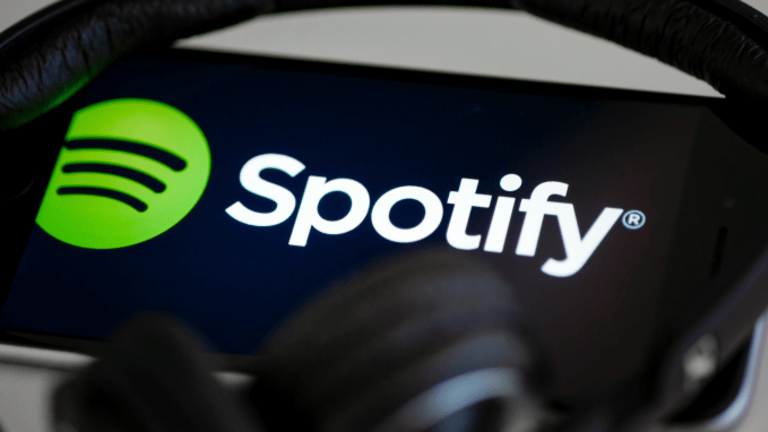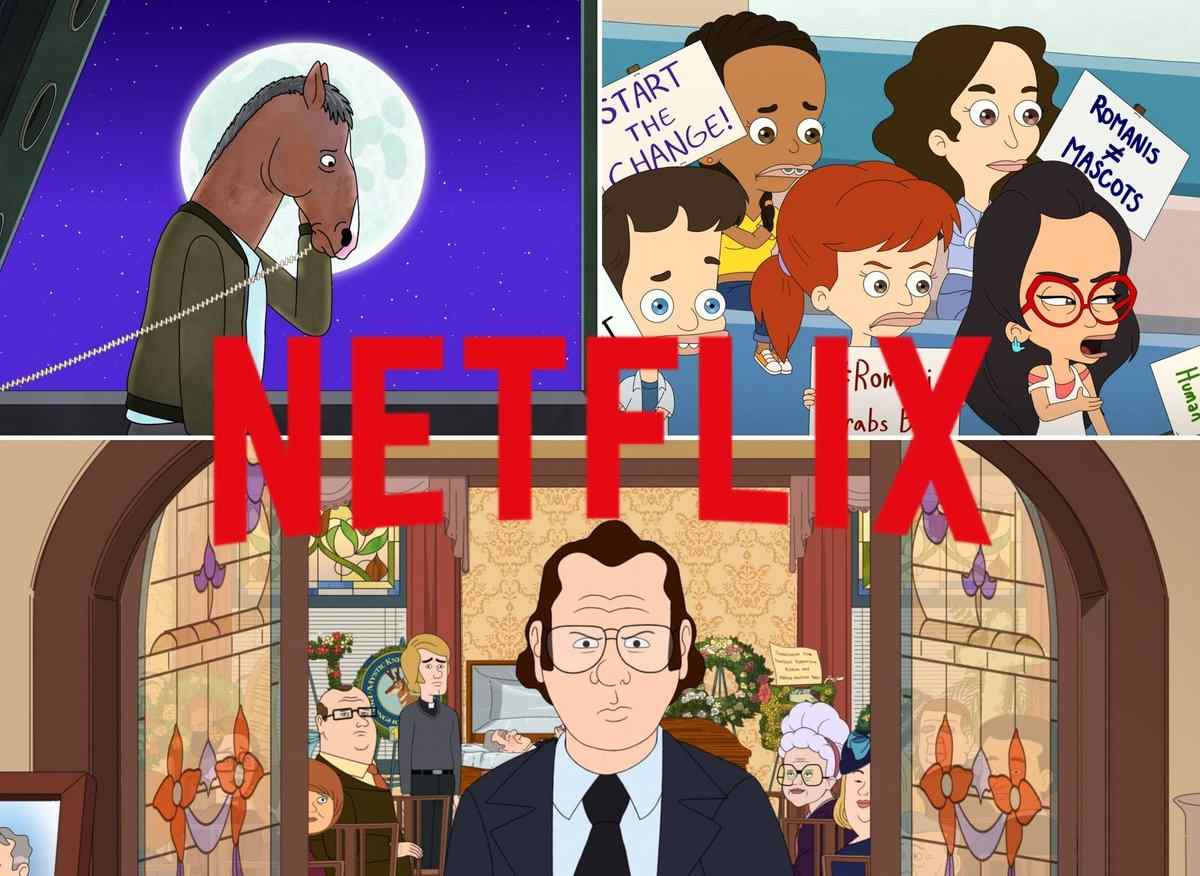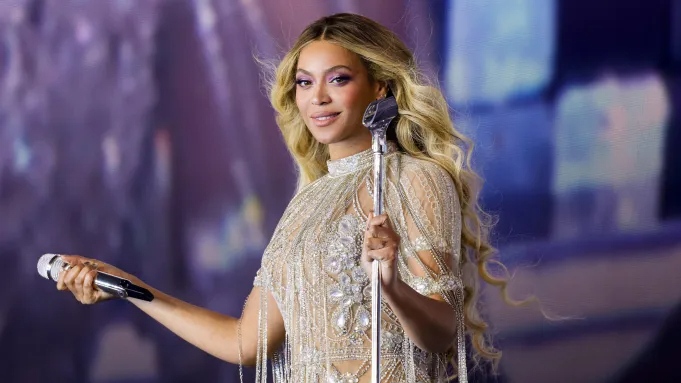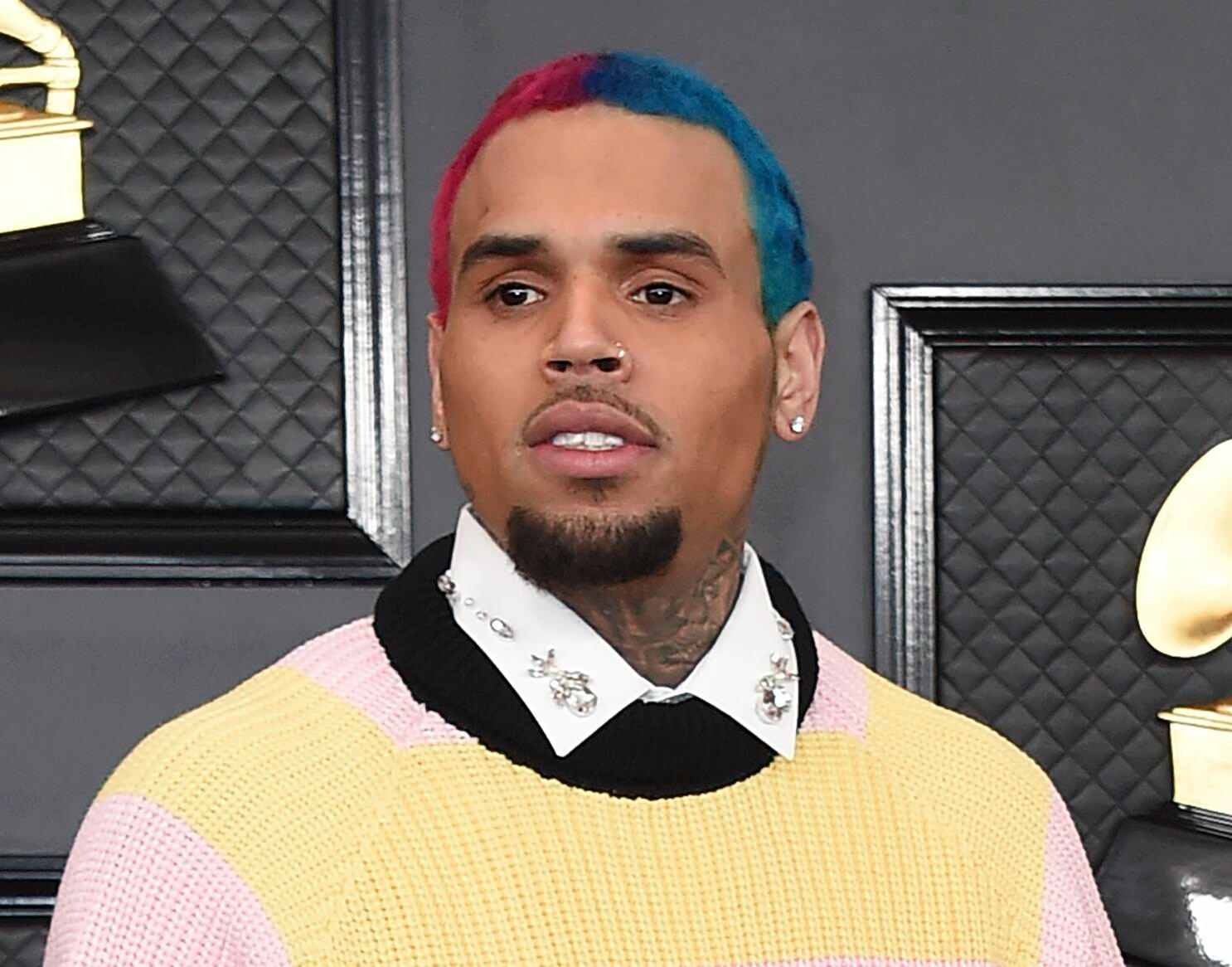Reports Claim 10% Of All Spotify Streams Are Fake, Known As “Artificial Streaming”
In recent reports, concerns have arisen regarding the legitimacy of Spotify’s streaming numbers. Allegations of artificial streaming have emerged, indicating that as much as 10% of all music streams on the platform may be fake. This troubling revelation raises questions about the integrity of the music streaming industry and its impact on artists’ royalties.
The Simplicity of Spotify’s Financial Model
Spotify, since its debut in the US in 2011, has offered a simple subscription model at $10 a month, allowing users to access a vast library of music online. While this simplicity has attracted millions of subscribers, the distribution of royalties back to artists has remained a contentious issue.
The simplicity of Spotify’s model has inadvertently opened the door for bad actors to exploit the system. Criminal gangs have reportedly used Spotify’s royalty system to launder money by artificially inflating stream counts. This practice has become more prevalent in the era of content streaming, raising concerns about the platform’s integrity.
JP Morgan’s Alarming Discovery
JP Morgan analysts discovered a disturbing loophole in Spotify’s royalty system. They found that someone could upload a 30-second track to Spotify and program their device to stream it continuously for 24 hours a day, resulting in monthly royalties of $1,200. This revelation underscores the potential for abuse within the system.
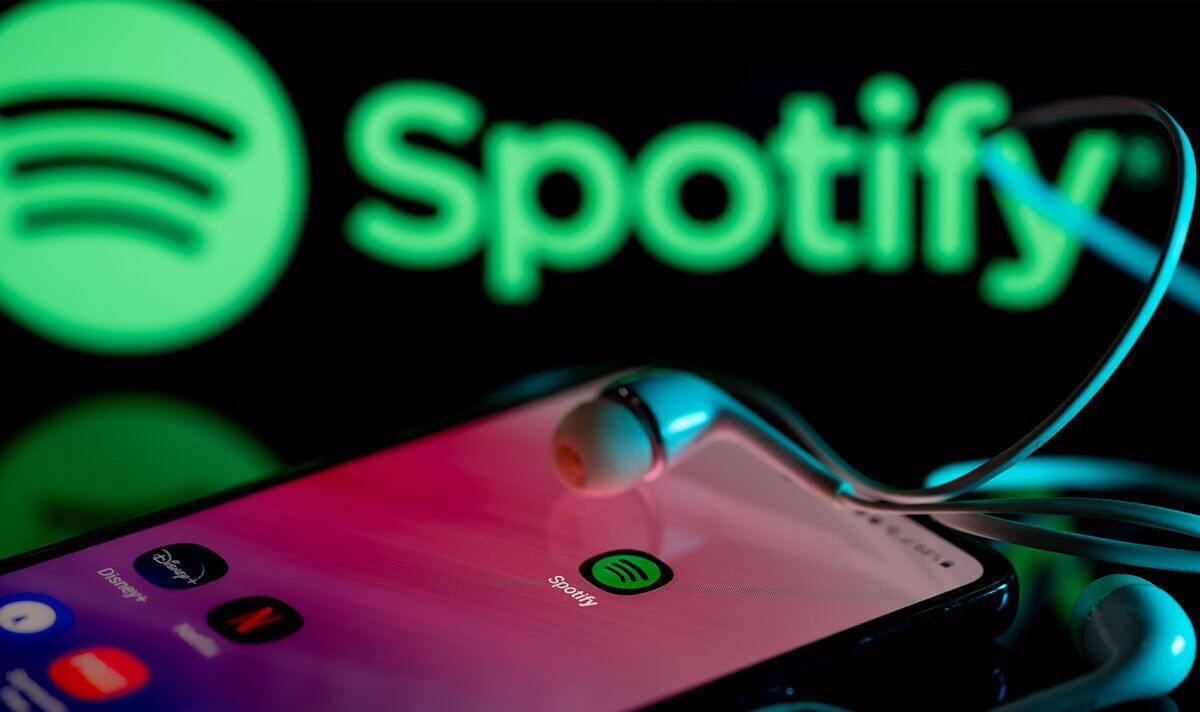
The Prevalence of Artificial Streaming
According to the Financial Times, executives estimate that up to 10% of all music streams on Spotify are “fake.” These streams originate from streaming farms where devices run services like Spotify on loop with the sole purpose of artificially boosting the listening count of specific tracks.
Spotify acknowledges the issue and claims to be actively working to combat artificial streaming across its service. However, the scale of the problem and the potential financial incentives for bad actors remain significant challenges.
Deezer’s Alternative Approach
Deezer, a smaller player in the music streaming space, has taken a proactive stance against artificial streaming. Their new royalty payment model, set to be implemented in October, diverts more money toward professional artists with substantial monthly streams. This model aims to reward quality content and discourage artificial manipulation of stream counts.
Universal Music Group (UMG) has been at the forefront of advocating for an “artist-centric” payout model. This model would direct more money toward musicians whose work garners substantial streams. UMG’s efforts to reform the industry may reshape how royalties are distributed, potentially dissolving the financial incentives for AI-generated tracks to proliferate.
The Potential Transformation of Spotify
JP Morgan warns that if left unchecked, Spotify’s platform could become inundated with AI-generated content, potentially increasing its catalog from 100 million songs to over a billion in a few years. UMG’s “artist-centric” model aims to counter this trend, emphasizing quality over quantity.
In conclusion we can say that, The issue of artificial streaming on Spotify has raised concerns about the authenticity of streaming numbers and the fair distribution of royalties. While Spotify acknowledges the problem, the industry is at a crossroads, with UMG and Deezer pushing for alternative models that reward artists more fairly. The future of the music streaming industry hinges on finding a balance between simplicity, fairness, and combatting artificial manipulation of stream counts.
Also Read-
